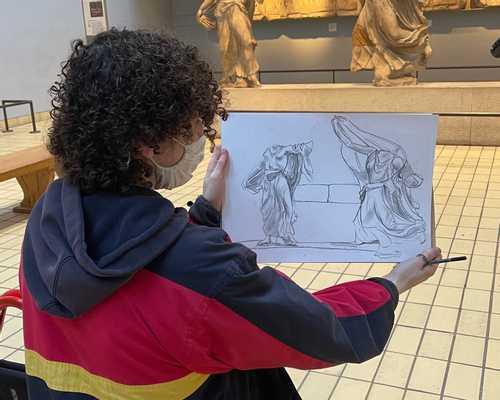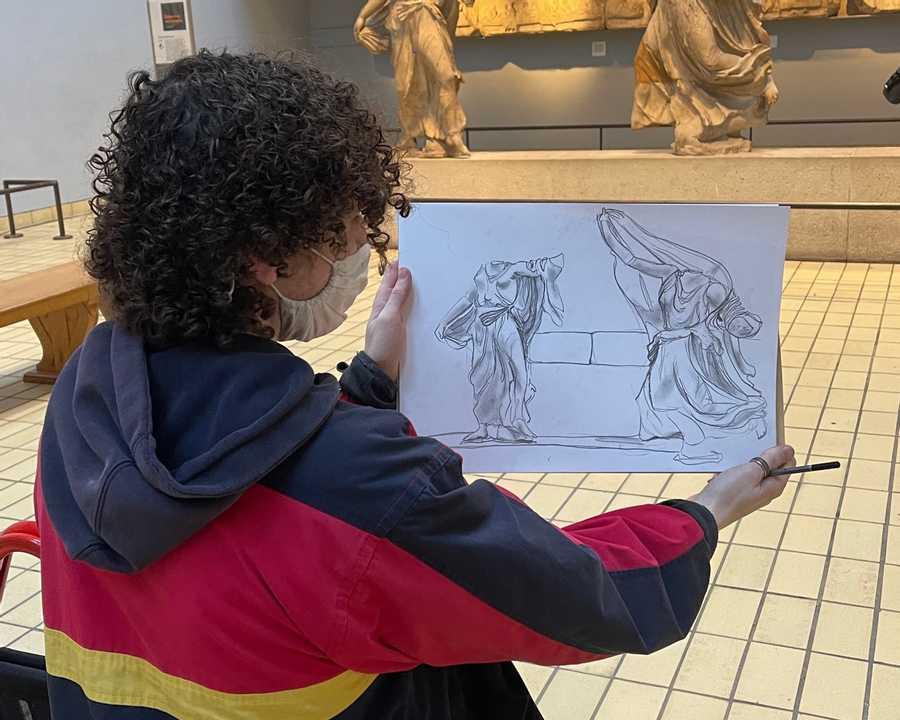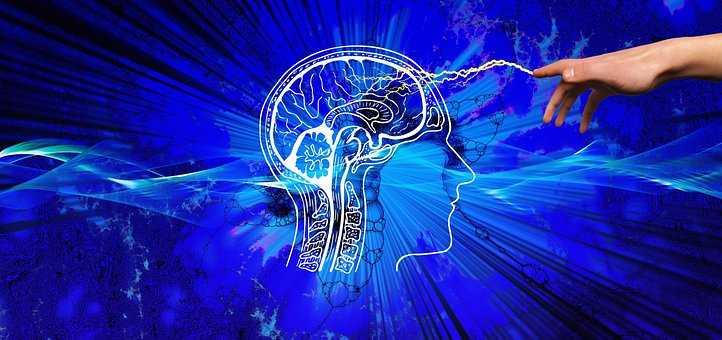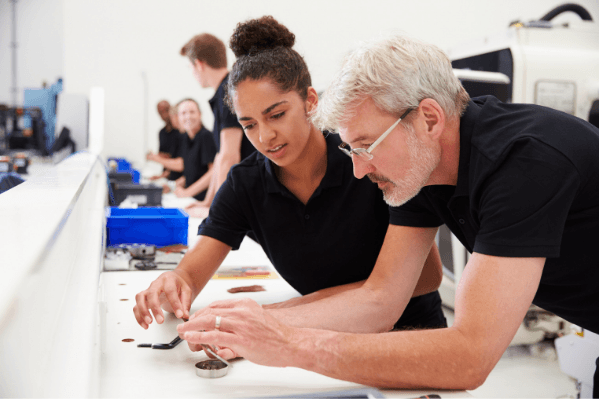Imitate, then Innovate - David Perell
Curated from: perell.com
Ideas, facts & insights covering these topics:
9 ideas
·1.39K reads
12
Explore the World's Best Ideas
Join today and uncover 100+ curated journeys from 50+ topics. Unlock access to our mobile app with extensive features.
The originality disease
To improve any skill, imitate, then innovate. The more we imitate others, the quicker we can discover our own unique style.
But modern creators refuse to imitate others and insist on originality even when it comes at the expense of quality. They feel scared to imitate other people's styles and try to avoid those that can make them great.
37
336 reads
It is our failure to become our perceived ideal that ultimately defines us and makes us unique.
CONAN O’BRIEN
27
234 reads
Creators consume art differently than consumers
Creators are intentional in what they consume. Consuming art is a product work for them.
For example, film directors watch movies to see how they're made, then borrow and build upon them in their own work. When George Lucas created Star Wars, he consulted the teachings of Joseph Campbell, who spent his career studying mythology and religion. Lucas’ artistic originality was enhanced by an imitative respect for Campbell’s work.
28
156 reads
The cause of originality disease
- Misunderstanding inspiration. Many people think inspiration comes from nowhere and think that studying other people's work may contaminate their originality.
- Fetishising originality. People do study those before them, but only so they can do something different.
- Pure conjecture: self-obsession. Instead of looking outward, people look inwards for inspiration. Paintings are increasingly abstract to reflect the subjective experience of the artists.
28
145 reads
Learning from historical examples
Innovation without imitation is a fool's strategy.
Einstein studied classical physicists for decades which enabled him to invent general relativity. Most original musicians spent hours practising scales to pick up on the creative powers of musicians they admire. Hunter S. Thompson once hand-wrote every word of the Great Gatsby to recreate what it feels to write a great novel. Rober Louis Stevenson copied paragraphs he enjoyed and then rewrote them from memory.
28
111 reads
Imitation
Most imitation happened through apprenticeships.
Leonardo da Vinci had almost no formal schooling but got his first apprenticeship at 14. He then studied math, anatomy, drawing techniques and geometry. One of his master's most famous sculptures was of David. Later, da Vinci's painted David resembled his masters.
However, today we replace apprenticeships with efficiency and train at professional art schools. As apprenticeships decline, so does imitative learning.
27
118 reads
Skills best trained through imitation
Any skill that is difficult to put the core knowledge into works is a skill that should be developed through imitative learning. These skills have many subtleties that are best learned in conversation with a master or through watching them—for example, cooking. Following a recipe can help you make a meal, but it won't turn you into Gordon Ramsay.
Creative work is similar. Reading a lot of good writing is possibly the best way to become a good writer.
27
101 reads
Two kinds of imitation
- Near imitation is when you imitate people who do similar work to you. It's what musicians do when they practice scales.
- Far imitation is when you transfer ideas from one domain to another. Sigmund Freud used many of the ideas of Nietzche to create Interpretation of Dreams, which is known as the most original work of psychology.
The best innovators combine near imitations with far ones.
28
95 reads
How to pursue originality
The surest sign of an amateur is someone who values originality as their ultimate goal. Instead, they should value quality. They won't become original by getting the Originality Disease because pursuing originality too directly can lead to the opposite.
In the words of C.S. Lewis, "No man who cares about originality will ever be original. It's the man who's only thinking about doing a good job or telling the truth who becomes really original—and doesn't notice it."
29
96 reads
IDEAS CURATED BY
Carina 's ideas are part of this journey:
Learn more about education with this collection
How to ask open-ended questions
How to avoid awkward silences
How to show interest in others
Related collections
Similar ideas
Read & Learn
20x Faster
without
deepstash
with
deepstash
with
deepstash
Personalized microlearning
—
100+ Learning Journeys
—
Access to 200,000+ ideas
—
Access to the mobile app
—
Unlimited idea saving
—
—
Unlimited history
—
—
Unlimited listening to ideas
—
—
Downloading & offline access
—
—
Supercharge your mind with one idea per day
Enter your email and spend 1 minute every day to learn something new.
I agree to receive email updates




